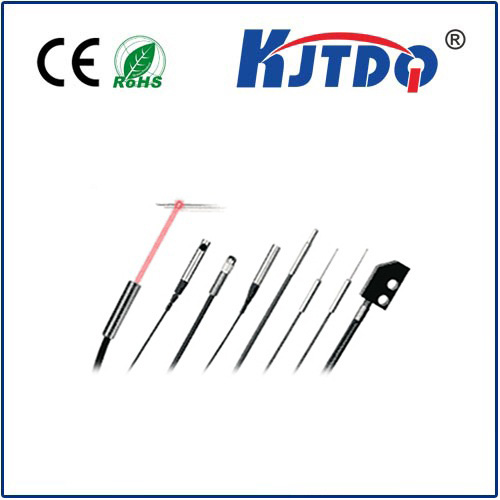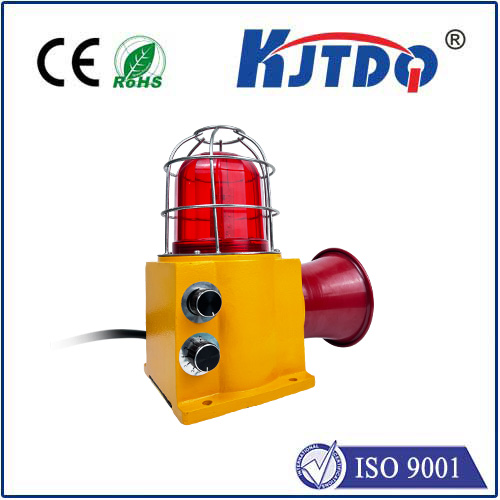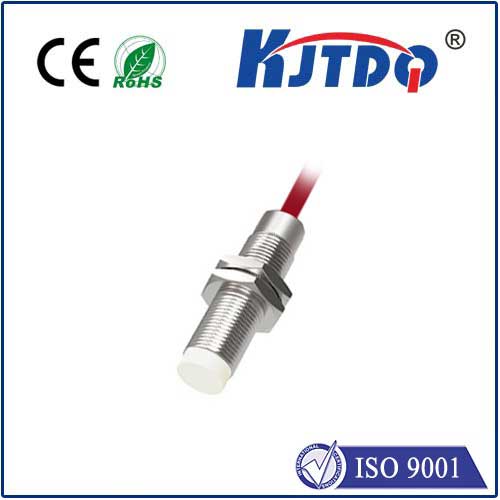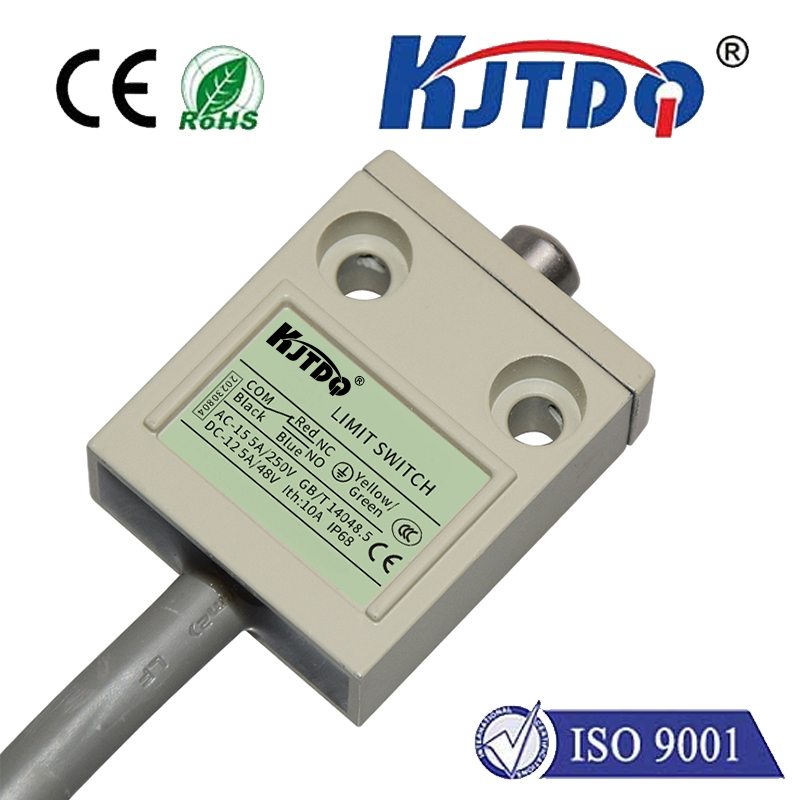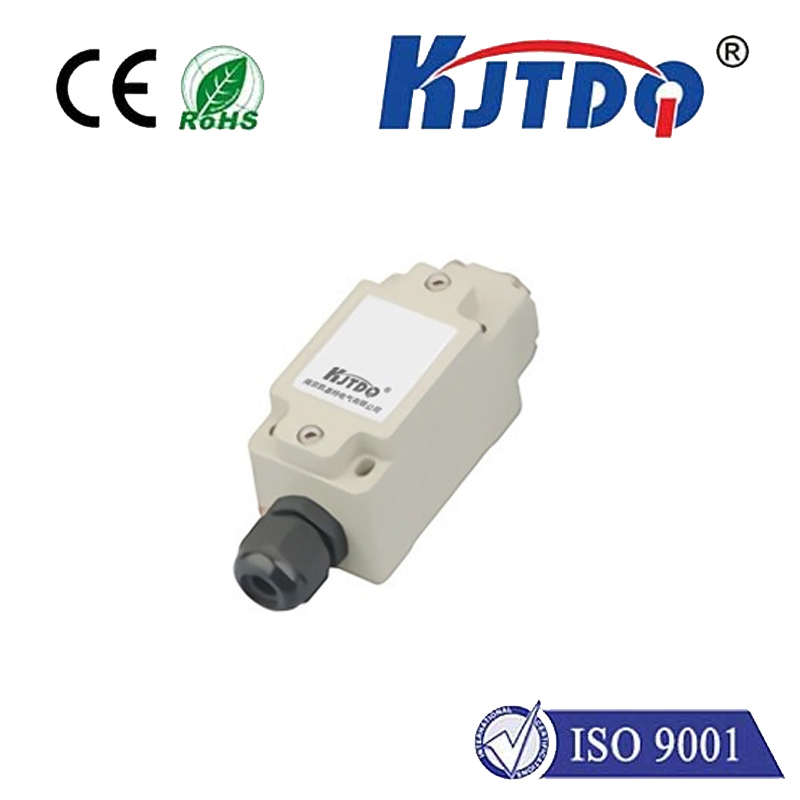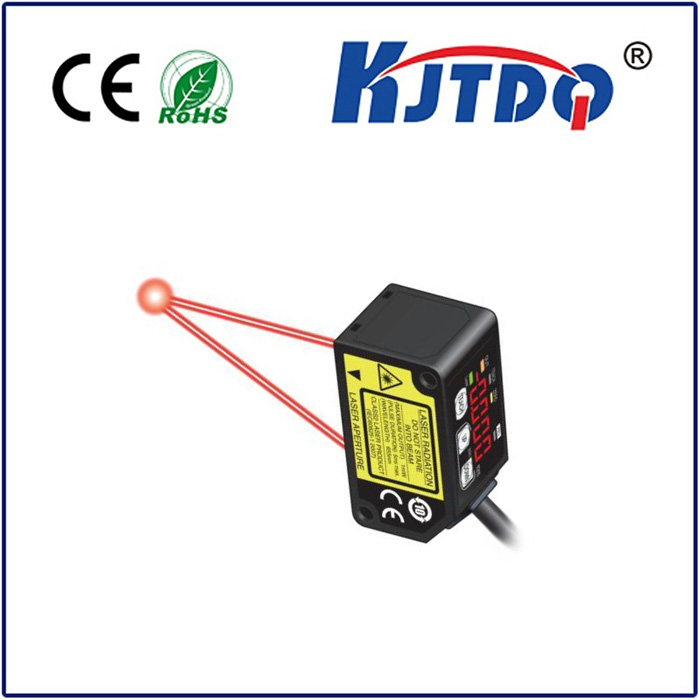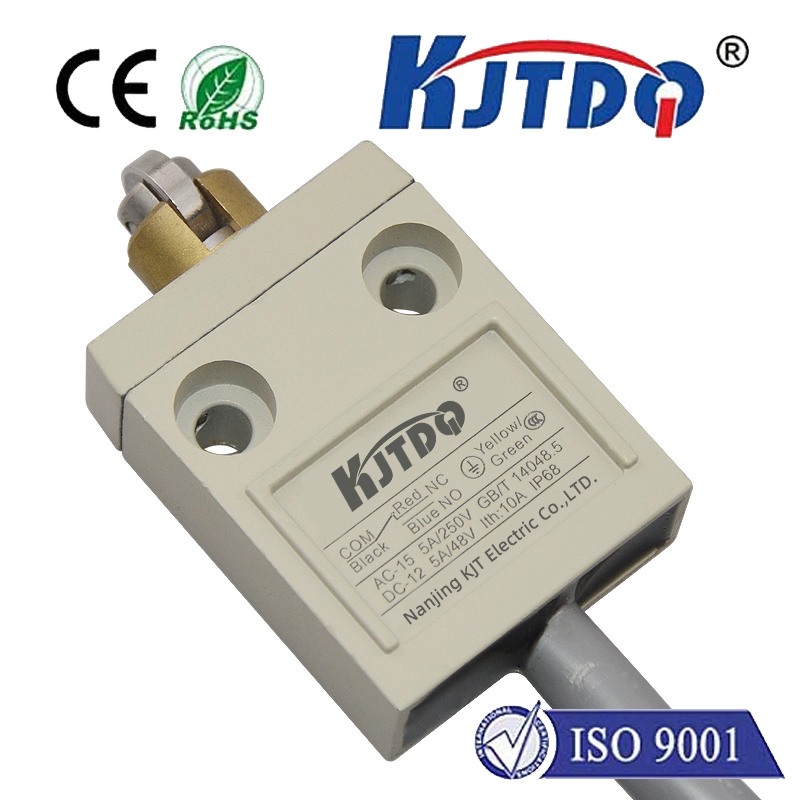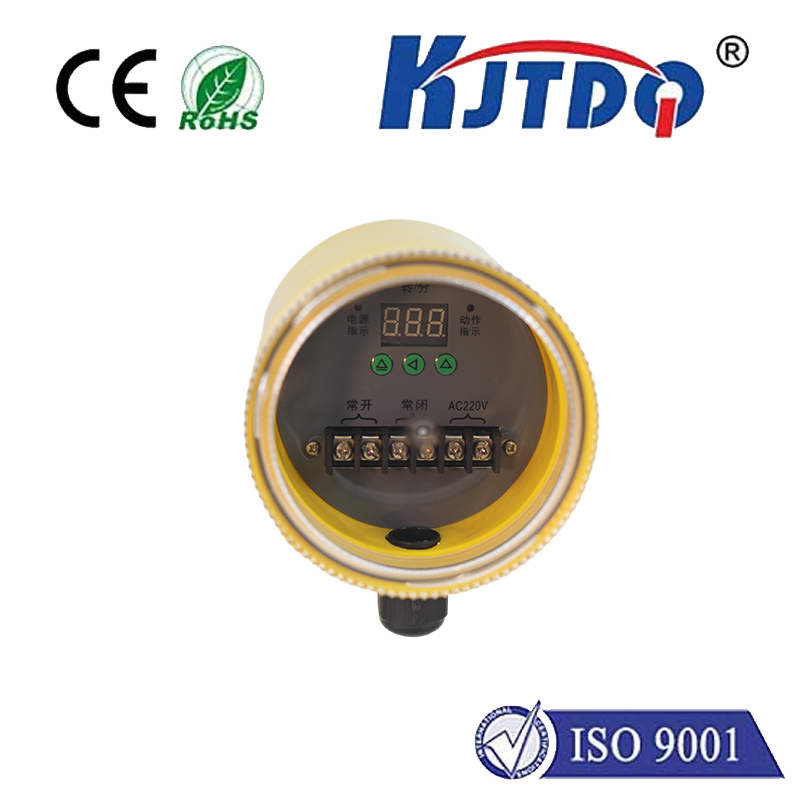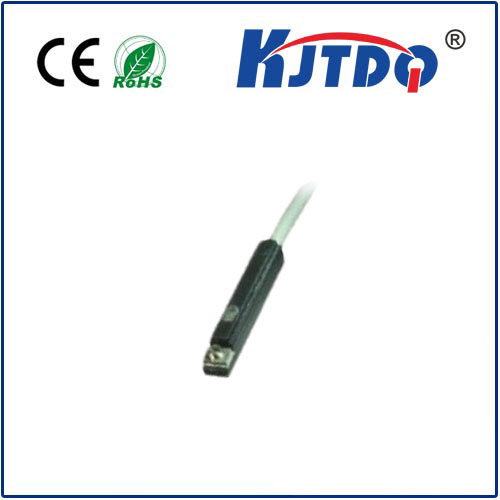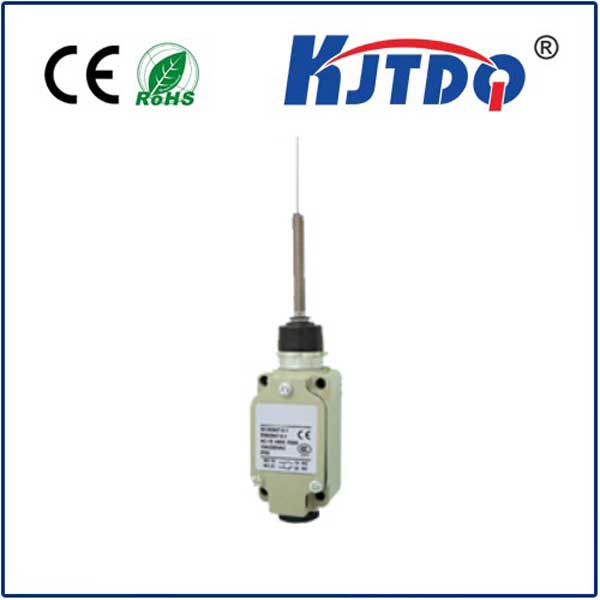
check

check

check

check
In our rapidly advancing technological landscape, the role of measurements and sensors has become increasingly significant. These components form the foundation of countless applications across various industries, from healthcare to automotive, aerospace, and beyond. They are essential tools that enable us to gather precise and reliable data about our environment and the systems we work with, leading to more informed decisions and better outcomes.
At its core, measurement is the process of obtaining values assigned to physical quantities. These values help us understand and describe different aspects of the physical world around us. In technology, measurement is key to ensuring that devices and systems operate correctly and efficiently. Whether it’s measuring temperature, pressure, velocity, or any other variable, accurate measurements are imperative for the development, monitoring, and optimization of modern technologies.

Sensors are the gatekeepers of the digital world, translating physical phenomena into measurable electrical signals. They come in various types, each designed to detect specific parameters such as motion, light, heat, sound, or chemical changes. For instance, an accelerometer measures acceleration forces, while a photodiode detects light intensity. The importance of sensors cannot be overstated; they are critical for real-time monitoring and control. In the context of the Internet of Things (IoT), sensors play an integral role by providing the data necessary for smart devices to make autonomous decisions. This data is used in everything from adjusting room temperatures in smart homes to enabling advanced driver-assistance systems in cars.
As technology progresses, so do the methods for obtaining measurements. We have moved beyond simple rulers and thermometers to sophisticated laser-based distance meters and spectroradiometers that can measure the spectral power distribution of light sources. Innovations in materials science have led to the creation of highly sensitive sensors capable of detecting minute changes in their environment. Additionally, advancements in microelectronics and nanotechnology have allowed for the miniaturization of sensors without compromising their accuracy or reliability. This means we can now integrate sensors into smaller devices, which paves the way for new wearable technologies and minimally invasive medical devices.
The impact of measurements and sensors spans numerous sectors. In healthcare, they are crucial for patient monitoring systems that track vital signs such as heart rate and blood pressure. In automotive engineering, sensors contribute to safety features like airbag deployment and stability control systems. Aerospace relies on them for navigation and to ensure the integrity of aircraft structures under varying loads. In environmental monitoring, sensors provide valuable data on climate patterns and pollution levels, aiding scientists in their efforts to understand and mitigate the effects of climate change. Agriculture benefits from soil moisture sensors that optimize irrigation practices, leading to more sustainable farming.
Looking ahead, the future of measurements and sensors is brimming with potential. The ongoing miniaturization of electronics suggests even smaller, more efficient sensors will emerge. Artificial intelligence is set to revolutionize how we analyze sensor data, making predictions and identifying patterns with unprecedented speed and accuracy. Moreover, the development of new materials could result in sensors capable of detecting previously unmeasurable quantities or improving the performance of existing ones.
In conclusion, measurements and sensors are the silent yet powerful backbone of modern technology. They provide the quantitative insights needed to innovate, improve, and transform every facet of our lives. As we continue to develop these technologies, their significance will only grow, driving forward the next wave of technological advancements and opening doors to possibilities we have yet to imagine.
